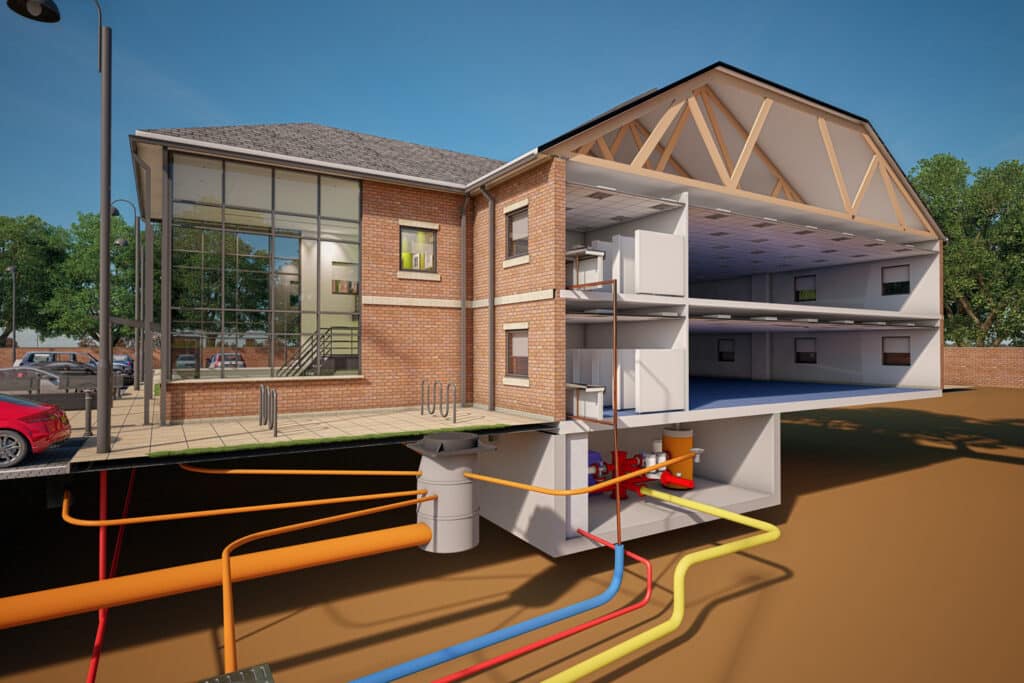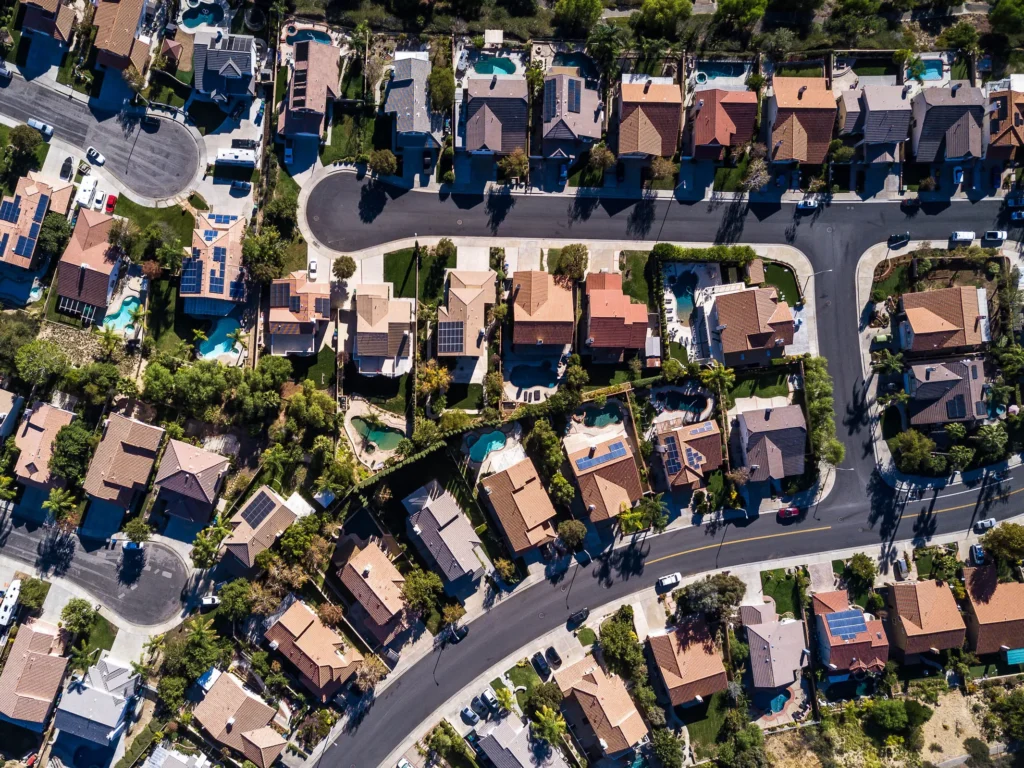Introduction:
In recent years, the allure of owning a static caravan has grown exponentially. These structures, which offer the comforts of a home combined with the flexibility of location, have become a popular choice for many. However, the decision to place a static caravan on your own land brings with it a myriad of considerations. From understanding the legal landscape to assessing the suitability of the land, from connecting essential utilities to weighing the environmental impact, every aspect demands careful thought. Moreover, with the potential implications of council tax on the static caravan and the concerns of the surrounding community, it’s clear that this decision is not one to be taken lightly. This article delves deep into these considerations, offering insights and guidance for those contemplating the placement of a static caravan on their private land.
Legal Requirements
When considering placing a static caravan on your own land, it’s essential to be aware of the legal requirements that come into play. The law often distinguishes between the use of land for a dwelling and its use for other purposes. If you intend to use the static caravan as a permanent residence, different legal stipulations might apply compared to using it as a temporary or occasional dwelling.
The legal landscape surrounding the placement of a static caravan on private land can be complex. It’s not just about owning the land; it’s about how you intend to use the static caravan. For instance, if you plan to live in the static caravan full-time, you might be subject to council tax on the static caravan. It’s crucial to consult local regulations and perhaps seek legal advice to ensure you’re compliant with all requirements.
Planning Permissions
Planning permissions are a critical aspect of placing a static caravan on your own land. Even if the land is yours, you can’t simply place a structure on it without the necessary permissions. Local councils have specific guidelines about what can and cannot be done on private land, especially when it involves dwellings like static caravans.
The process of obtaining planning permission can vary based on the local council’s regulations. Some might require detailed plans, while others might have a more straightforward process. It’s essential to be clear about your intentions with the static caravan. For example, if you’re looking to avoid council tax on the static caravan, you might need to prove that it’s not your primary residence. Always check with your local planning department to understand the necessary steps and documentation required.

Land Assessment
Before placing a static caravan on your own land, it’s vital to assess the suitability of the land itself. Not all terrains are ideal for such structures. Factors like soil quality, drainage, slope, and accessibility play a significant role in determining whether a piece of land can support a static caravan.
A thorough land assessment will provide insights into any modifications or preparations needed before placing the static caravan. For instance, if the land is prone to flooding, you might need to consider elevating the caravan or improving drainage. Additionally, understanding the land’s characteristics can help in positioning the static caravan in a way that offers the best views, sunlight, and protection from harsh weather. Remember, while a static caravan might be mobile in nature, once placed, it’s intended to stay in one spot for extended periods, making land assessment crucial.
Utility Connections
One of the primary considerations when placing a static caravan on your own land is the availability and connection to essential utilities. A static caravan, especially if used as a dwelling, will need connections to water, electricity, and sewage systems. Without these, the caravan would be uninhabitable for extended periods.
Firstly, you’d need to check the proximity of existing utility lines to your land. If they’re too far, the cost of connection can be prohibitive. Water connection is vital for daily activities, while electricity ensures the comfort and functionality of the caravan. The sewage system is equally crucial, especially if you’re looking to live in the static caravan or rent it out. It’s also worth noting that if the static caravan is your primary residence, you might be eligible for certain reductions in council tax on the static caravan based on the utilities and amenities provided.

Duration Limitations
The duration for which you can keep a static caravan on your own land without moving it can be subject to local regulations. Some councils might have stipulations about the maximum period a static caravan can remain stationary, especially if it’s not classified as a permanent dwelling.
Understanding these duration limitations is essential to avoid any legal complications. For instance, if a static caravan is placed on land without the necessary permissions and exceeds the allowed duration, it could lead to penalties or even the need to remove the caravan. Additionally, the duration for which the caravan remains on the land might influence aspects like council tax on the static caravan. It’s always advisable to be clear about these limitations and ensure that the static caravan’s placement aligns with local guidelines and regulations.
Environmental Impact
The placement of a static caravan on your own land can have environmental implications that need to be considered. The land, which might have previously been untouched or used for different purposes, will now host a structure that can affect local ecosystems, especially if the land is near water sources or in areas with rich biodiversity.
It’s essential to ensure that the static caravan doesn’t disrupt local wildlife or lead to the degradation of natural habitats. For instance, waste disposal from the caravan should be managed in an eco-friendly manner to prevent contamination of the soil or water. If the static caravan is placed in a scenic or natural area, it’s also crucial to consider the visual impact and ensure that the caravan blends in with the surroundings. Being environmentally conscious not only preserves the beauty of your land but can also potentially save you from additional council tax on the static caravan if local regulations provide tax benefits for sustainable practices.
Neighborhood Concerns
When placing a static caravan on your own land, it’s not just the legal and logistical aspects you need to consider. The perceptions and concerns of neighbors can play a significant role in the smooth integration of the static caravan into the community. Some neighbors might have reservations about the potential noise, increased activity, or even the aesthetic impact of a static caravan.
Open communication is key. Before installing the static caravan, it might be beneficial to discuss your plans with neighbors, addressing any concerns they might have. This proactive approach can prevent misunderstandings and potential disputes down the line. Additionally, understanding neighborhood concerns can also guide decisions related to the caravan’s positioning, design, and usage, ensuring that while you enjoy the benefits of having a static caravan on your own land, you also maintain harmony within the community. Remember, a positive relationship with neighbors can also influence aspects like council tax on the static caravan, as community support can be beneficial in discussions with local authorities.

Maintenance and Upkeep
Owning a static caravan comes with the responsibility of maintenance and upkeep. Just like any other dwelling or structure, a static caravan requires regular checks and repairs to ensure it remains in good condition. This is especially true if the static caravan is exposed to harsh weather conditions or is placed in areas with high humidity or salinity.
Regular maintenance not only extends the lifespan of the static caravan but also ensures the safety and comfort of its inhabitants. Tasks like checking the roofing, sealing any gaps, inspecting utility connections, and ensuring the structural integrity are vital. Additionally, the land around the static caravan might also need upkeep, such as landscaping, drainage checks, and pest control. While maintenance might seem like an added cost, it can save money in the long run by preventing major repairs. Moreover, a well-maintained static caravan might also have implications for council tax, as some local authorities might consider the caravan’s condition when determining tax rates.
Benefits and Challenges
Having a static caravan on your own land comes with a mix of benefits and challenges. On the positive side, it offers flexibility, the comfort of a personal space, potential rental income, and savings on site fees that you’d incur if the caravan was placed in a commercial park. The convenience of having a getaway or even a primary residence on your own land can be immensely satisfying.
However, challenges can arise in the form of legal hurdles, maintenance responsibilities, potential disputes with neighbors, and the initial costs of setting up utilities and infrastructure. Additionally, aspects like council tax on the static caravan can add to the ongoing expenses. It’s essential to weigh these pros and cons carefully before deciding to place a static caravan on private land. Being prepared and informed can help navigate these challenges and make the most of the benefits.

Conclusion:
Placing a static caravan on your own land can be a rewarding experience, offering unparalleled freedom, potential financial benefits, and the joy of a personalized space. However, as we’ve explored in this article, it’s a decision that comes with its set of challenges and responsibilities. From obtaining the necessary planning permissions to ensuring the caravan’s maintenance and addressing neighborhood concerns, every step requires careful planning and execution. Furthermore, understanding the nuances of council tax on the static caravan and being environmentally conscious can make a significant difference in the overall experience. In conclusion, while the journey of placing a static caravan on private land might seem daunting, with the right information and a proactive approach, it can be a fulfilling endeavor that brings lasting benefits.



